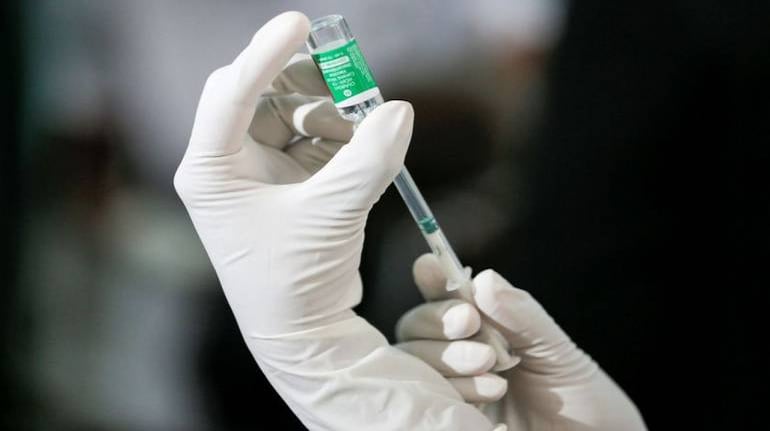



The Union health ministry has decided to incorporate changes in the CoWIN app to allow addition of Bharat Biotech's nasal COVID-19 vaccine, paving way for its inclusion as a heterologous booster dose in the country's immunisation drive against coronavirus.
The option of this vaccine is set to reflect on CoWin to all users from the December 23 evening. This vaccine will now be offered to the adults earlier fully vaccinated with Covaxin or Covishield or to those who may not have taken any coronavirus vaccine so far.
It will, however, will only be available at private hospitals and the rate is yet to be determined. Government sources said that as of now there is no plan to procure the vaccine for the public run hospitals where booster or precautionary doses are offered free of cost to all those aged 60 years and above.
Also Read: Exclusive: States make desperate demands for more COVID-19 vaccines, Centre faces a stockoutBharat Biotech, so far, has not released any official statement on the development but the company sources said that it may take several weeks before the vaccine hits the market. "It may take nearly 90 days before the sufficient stocks are available in the market," said an executive in the vaccine maker.
There is no peer reviewed scientific data available publicly on the efficacy of the vaccine but Bharat Biotech has said the nasal drop is capable of preventing transmission of COVID-19 disease too and not just disease severity unlike other vaccines against coronavirus.
The Drug Controller General of India had granted emergency use authorisation to the nasal vaccine for both homologous primary vaccination and heterologous booster vaccination recently.
The rise of mutant variants in the neighbouring nation may cause a fresh surge of infections in India, which is a cause of concern for the government especially amid its low stock of booster shots.
Three cases of Omicron subvariant BF.7, have been detected in India so far. The first case of BF.7 in India was detected July this year by Gujarat Biotechnology Research Centre. So far, two cases have been reported from Gujarat while one case has been reported from Odisha.
India has seen three waves of the pandemic so far, with the second one, triggered by the Delta variant of SARS CoV 2, turning out to be the worst.
Discover the latest Business News, Sensex, and Nifty updates. Obtain Personal Finance insights, tax queries, and expert opinions on Moneycontrol or download the Moneycontrol App to stay updated!
Find the best of Al News in one place, specially curated for you every weekend.
Stay on top of the latest tech trends and biggest startup news.